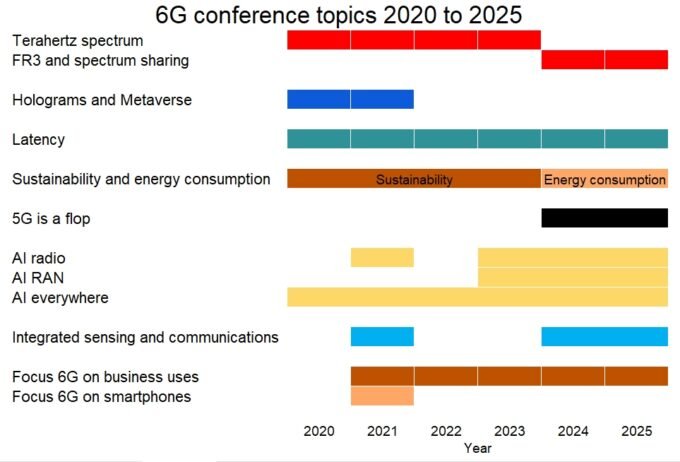There’s a strange gap between what we see on TV and what people carry inside. Imisi — who just won Big Brother Naija’s tenth season — has been in the headlines for her victory, the prize, the drama. But she also shared something quieter and much more personal: she lost a baby only weeks before trying out for the show. That detail changes how you look at the trophy, if you ask me. It doesn’t explain everything, of course, but it puts a lot into perspective.
A private pain, briefly shared
On a recent appearance on TVC Entertainment, Imisi spoke about that loss, and you could tell it was still raw. She said the miscarriage happened in April and that it was less than a month before she auditioned. She used short, hesitant phrases: “I lost my baby this year April. It’s not even a month before I auditioned for Big Brother. The whole thing was so overwhelming. I do not want to talk about it.” That line — “I do not want to talk about it” — felt honest. I get it. Some things you say once and then you stop, because words don’t fix the ache.
Also read: Regina Daniels’ brother, Sammy West Held in Keffi — Family, Questions, and a Missing Magistrate
It’s worth pausing on the timing. Auditioning for a reality show is already a big step: there’s pressure, uncertainty, the hope that you’ll be seen the way you want to be seen. To do that after a miscarriage — barely healed, barely processed — is something else entirely. It suggests a complicated mix of motives. Maybe she wanted distraction, or a fresh start, or a place where work would fill the quiet. Or maybe she just needed to keep moving, because standing still felt impossible. We don’t know every detail; she didn’t give them, and that’s her right.
A win, and its mixed echoes
Imisi took home the BBNaija 2025 crown on October 5, along with N80 million and a new SUV. That’s the public story: the winner, the cash prize, the celebration. But that victory now sits alongside grief in her personal timeline. You can celebrate and still carry sorrow. It’s not tidy; it never is. Winning a show with cameras on you for months might make people assume you’re ‘over it’ — healed, happy, triumphant. But grief isn’t a single event. It’s threaded through many moments: the applause, the interviews, the quiet nights after the crowds have gone.
I’m not trying to make anyone feel sorry for Imisi, nor am I trying to turn a personal tragedy into clickbait. Rather, it’s a reminder that public success and private pain can coexist. Sometimes we expect that big moments wipe the small ones away. They don’t. People who go on TV are still people. They still have complicated interior lives. That’s obvious, but easy to forget when we only get curated highlights.
Context: relationships and timing
There’s another layer to the story. Reports say Imisi had also broken up with her ex, Hakeem, not long before she went for the show. Breakup plus miscarriage plus audition — that’s a lot for anyone to handle at once. It makes me think about the decisions people make in crisis. Some run toward new opportunities, some hide, and others do both in turns. The show then becomes a kind of pressure cooker for whatever emotions were already simmering. Add to that the constant scrutiny and the editing that frames behavior into stories, and you end up with a public narrative that’s only partly true.
What stands out to me is the restraint she showed when asked about the loss. She didn’t dramatize, didn’t overshare. She was brief and, in some ways, protective of herself. That felt human. People sometimes say less as a way of holding themselves together. And that’s okay. Not everyone wants to be vulnerable on demand, and grief should not be a spectacle.
Why this matters beyond a headline
Why should we care, beyond the obvious empathy? Because it’s a small correction to how we view media personalities. We should resist the urge to reduce them to their roles on TV. When someone wins a reality show, it’s tempting to picture an all-or-nothing transformation: before was bad, after is perfect. But that simplification does a disservice to real human complexity. Imisi’s confession — short and guarded as it was — adds texture. It’s a reminder that success doesn’t erase pain, and pain doesn’t preclude success.
Also read: When Love Doesn’t Listen: Regina Daniels on Family, Regret, and Being Held Back
Also, there’s a gentle public good here. When public figures mention things like miscarriage, it normalizes conversations other people are afraid to have. Miscarriage is still a topic many find awkward or too private, but hearing someone in the limelight briefly address it can give others permission to acknowledge their own experiences. It doesn’t mean every person should disclose, but it does expand what’s considered discussable.
Final thoughts
Imisi’s story — a mix of heartbreak, breakups, and a headline-making win — isn’t neat. It’s messy, human, and that’s, oddly, reassuring. It suggests that life’s major events don’t line up into a single narrative. They pile on, overlap, contradict. You can smile in public and hold an ache in private. You can win big and still feel unfinished.
Also read: Where Is Sammy? Regina Daniels Speaks Out and Refuses to Back Down
I don’t pretend to know what she needed when she chose to audition. Maybe it was hope. Maybe it was distraction. Maybe both. Whatever the reason, her willingness to mention the loss, even briefly, changes how you read the rest of her story. It deepens it, makes it less one-dimensional. That’s worth noting — not for pity, but for a truer view of the person behind the headlines.














Leave a comment